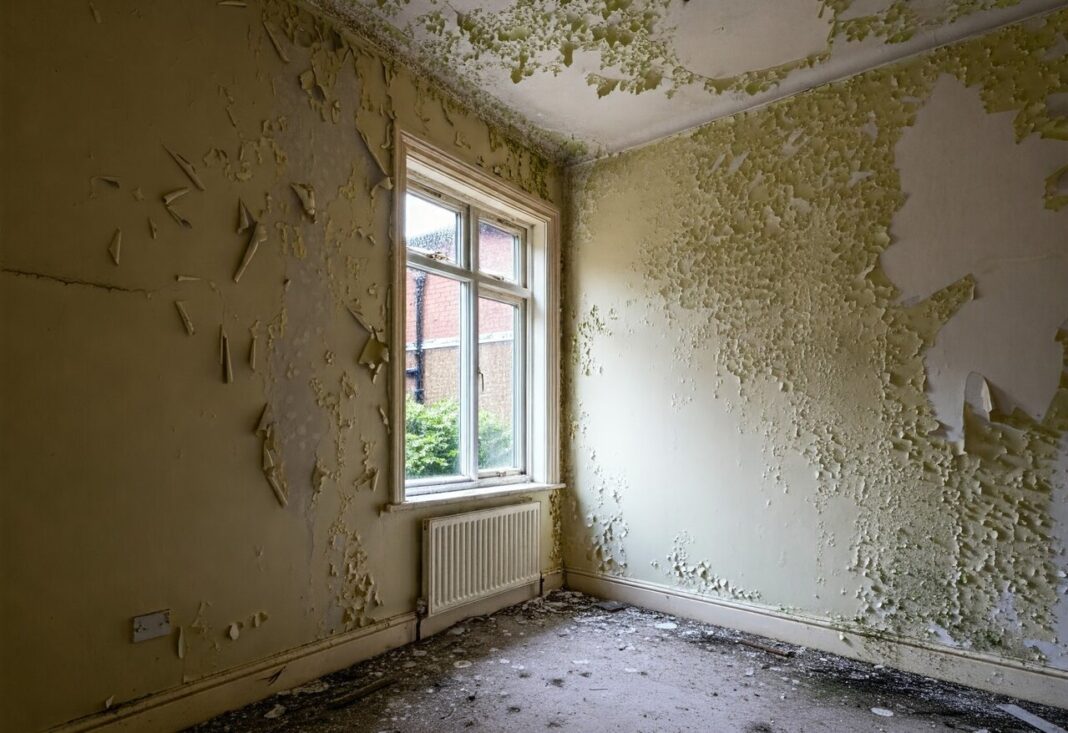The future of commonhold and the growing influence of artificial intelligence dominated discussions at this year’s annual conference of the Association of Leasehold Enfranchisement Practitioners (ALEP).
Held in London on 15 October more than 240 professionals from across the leasehold sector attended, reflecting the continued significance of leasehold reform to solicitors, valuers, managing agents and property lawyers.
The timing of the event coincided with growing anticipation around the government’s draft Leasehold and Commonhold Reform Bill, expected to follow the Leasehold and Freehold Reform Act (LAFRA).
With major legislative changes on the horizon, delegates debated whether the UK’s long-awaited shift from leasehold to commonhold ownership is now inevitable.
DIVIDED OPINION
While most agreed that reform was necessary, the prospect of imposing commonhold on existing buildings divided opinion. Many argued that adoption should begin with new developments, supported by extensive practitioner training and consumer education, before any wider rollout.
The complexity of the proposed “acquire and convert” process drew particular attention, with sector experts examining how conversion could work in practice.
ALEP’s own case study, based on a fictional development called Hague House, was used to highlight both the opportunities and the potential pitfalls of the new system.
LEGAL IMPLICATIONS
James Fieldsend of Tanfield Chambers and Mari Knowles of Commonhold and Leasehold Experts Ltd explored the practical and legal implications, while warning that “enthusiasm must be balanced with realism”. Both stressed the importance of industry involvement in shaping a workable model.
Artificial intelligence also featured prominently, with Mike Somekh of The Freehold Collective warning that professionals must “evolve or be automated”.
He described AI as “a colleague who never needs a coffee break”, capable of handling tasks from document analysis to valuations, and cited polling that found 61 per cent of lawyers and 38 per cent of valuers already using AI tools in enfranchisement work.
DATA PRIVACY
Somekh cautioned that while AI can outperform humans in document summarisation and due diligence, risks remain around data privacy and fabricated legal citations. “The challenge and the opportunity is to evolve alongside AI rather than be replaced by it,” he said.
The conference also included sessions on company law, tribunal preparation and the Building Safety Act, alongside updates on human rights challenges to LAFRA.
CHALLENGING OPPORTUNITY
ALEP director and conference chair Mark Chick (main picture, inset) says the draft Leasehold and Commonhold Reform Bill would bring both “opportunity and challenge”.
He added: “The increased use of commonhold is a certainty. The uncertainty is how it is to be introduced, and that will determine its success. ALEP has a vital role in helping government and practitioners ensure that reform is workable, proportionate and beneficial.”
NOT OPTIONAL
Chick also pointed out that AI is now “no longer optional”, calling for regulation and responsible use to improve professional standards.
“The pace of both political and technological change has given us more than enough to consider,” he said.
“The context for leasehold reform has never been more challenging, and ALEP’s role has never been more important.”
ALEP now represents over 1,200 professionals across 260 organisations and is positioning itself at the forefront of shaping the UK’s next phase of leasehold and commonhold reform.









